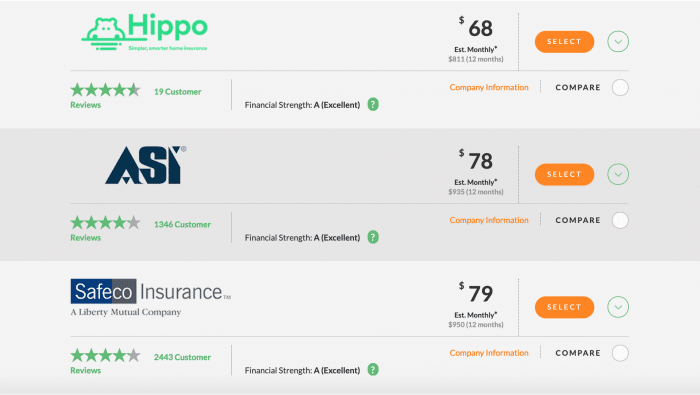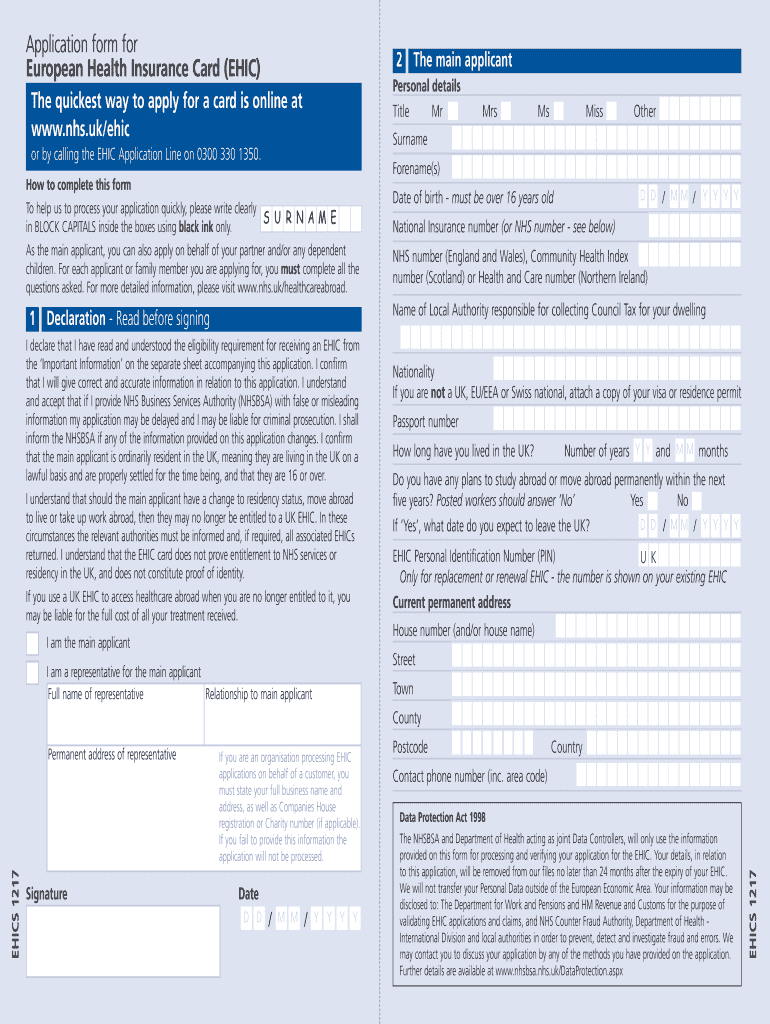
Health insurance is a vital aspect of compensation for many employers. These benefits have been steadily rising in cost for the past ten years. Increasing deductibles, prescription drug costs and health system pricing are among the reasons. These trends are driving the increase in premiums and depressing wage growth. Many employers are frustrated with increasing costs and administrative burdens. Some employers are searching for non-wage alternative jobs.
Wearable devices are being increasingly used by employers to support wellness programs. One survey found that one in five employers collect data on employees' wearable devices. While price increases are still the primary driver of health insurance, more employers are exploring new payment options to keep employees healthy.
According to the Congressional Budget Office the number of Americans who will continue to receive health care through their employer-sponsored plans will be the same 159 millions in ten years. The tax-favored alternative to health insurance is still available. However, single coverage will cost more than 9.86% of household income in 2019.

Premiums cover not only the price of health insurance, but also the cost to pay deductibles. A quarter of American workers have a minimum $2000 deductible. Many companies opt for self-insured plans to lower the cost of their benefits. Self-insured plans save money when claims are low. However, if the claim exceeds expectations, the employer may have to pay more.
Small group rates are determined based on the employees' age. Massachusetts's average annual wage for workers under 25 is $1186, while Massachusetts's average annual rate for those over 25 is $6,896.
Employers with larger budgets have greater control over the coverage of their employees' plans. Large employers usually offer a biometric screening for employees. They also provide a wellness program for employees and encourage them to go to lower-cost providers. Employers in the public sector have the option to customize their health care plans to suit their individual needs.
Employers with 51-100 employees will be able to join a merged market for health insurance in 2016 under the Affordable Care Act. These employers will pay premiums that can go up to 9 %. It also requires the states to set an annual rate. Every year, those who don’t offer affordable plans will be subject to a $3480 penalty.

Some small employers have to make additional contributions in order for workers to be covered under the ACA. Massachusetts has a 50-percent minimum contribution from employers.
Despite these requirements and the decline in employers offering insurance, it is not surprising that there are fewer of them. After a decade-long period of rapid increases in benefits costs, many small businesses are becoming frustrated at the uncontrollable high cost. Despite the fact that health insurance rates have not increased for most employers, some employers are still struggling to retain their employees.
As the unemployment rate remains low, the difficulty of retaining employees is only increasing. This is a major problem for employers. Employers can be fined $2,320 per person if they fail to offer health insurance. Failure to comply with COBRA (a law that requires employers provide ongoing health care for their employees) can result in thousands of dollars in penalties.